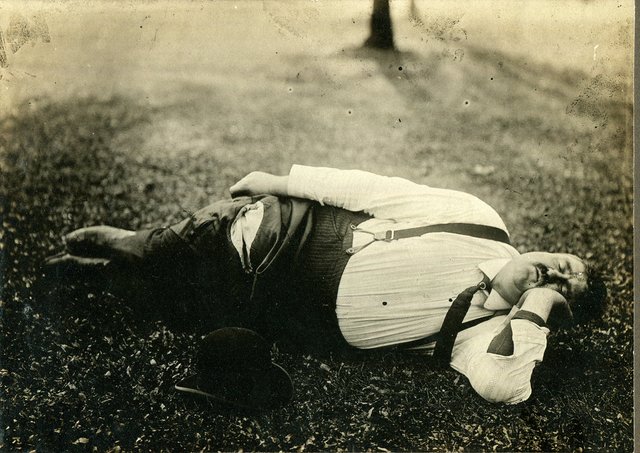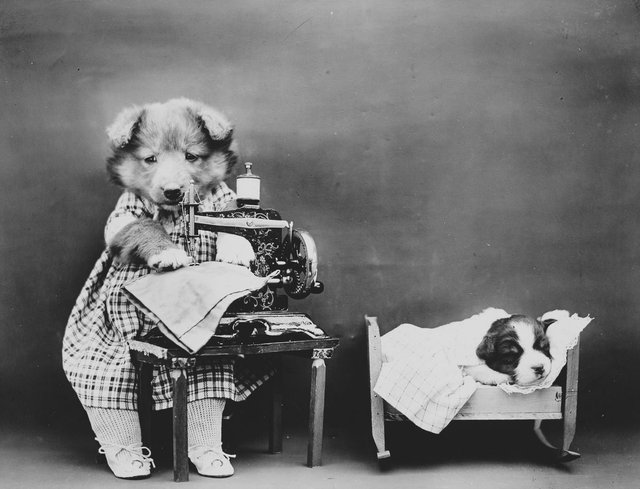Theories of Sleep: Why Do People Sleep?

Why do people sleep?
What are the functions of sleep and dreaming? How do humans benefit from spending a third of their lives in an unconscious brain state?
Sleep is vital to every mammal, bird, reptile, amphibian and fish on the planet. While bats spend 20 hours a day in the land of nod, humans require 8 hours and giraffes need only 2 hours of sleep!
This observation has led to some evolutionary theories of sleep.
Evolutionary Theories of Sleep
Sleep Theory #1
Animals that are lower in the food chain sleep less. This is because they are especially vulnerable to attack from predators, and need to keep on the move.

Sleep Theory #2
Sleeping protects all animals from attack during the night, because they sleep in a safe, dark place out of reach from predators.
However, neither of these conflicting theories explains why, when deprived of sleep, animals will go to any length to sleep again. Even when they are at greater risk from predators.
Physiological Theories of Sleep
So why do people sleep? If it doesn’t protect them from predators, perhaps it offers a chance for the body to perform maintenance.
Sleep Theory #3
Sleep enables the body to rest; in contrast to the highly active anabolic state that dominates during waking hours.
The problem with this theory is that it’s deceptive. Scientists have measured the amount of energy saved by a person during 8 hours of sleep. It comes to a tiny 50kCal.

Sleep Theory #4
Sleep helps the body to heal, by dedicating energy to repairing the immune and nervous systems, as well as muscles and bones. In a study on rats, sleep deprivation actually hindered the healing process of burns.
But there is more to the functions of sleep than bodily repair. Sleep experiments have shown that sleep deprivation measurably impairs speech, memory and problem solving skills. The underlying reason for why people sleep must play a key role in brain development.
Psychological Theories of Sleep
Sleep Theory #5
Rapid Eye Movement (REM sleep) is vital to good procedural memory (the ability to perform certain skills, like changing a tyre). Similarly, Non- Rapid Eye Movement (NREM sleep) is needed to maintain declarative memory (factual knowledge).
Sleep studies have also shown that sleep deprivation causes people to lose control of their language, planning and sense of time. In fact, being awake for 17 hours (say, from 7am until midnight) is the same as having a blood alcohol level of 0.05% – the legal driving limit.

Sleep Theory #6
Humans sleep to dream. Dreams allow the mind to file away important memories (including new skills) and discard unwanted information at the end of a busy day. It is an organisational system to help the brain process data.
There is research to support all of these theories of sleep, however none of them explain the functions of sleep exclusively. It is therefore likely that there are numerous reasons why people sleep and that these are all vital in their own way.
Image Credits:
Featured Image: Jessy Cress
Sleeping Dog - Mashable
Sleeping on the Train - Vasi
Couple on the Train - Kunst Forum Wien
Hey there! You were featured on the #84th edition of steemitfamilyph's featured posts. Congratulations!